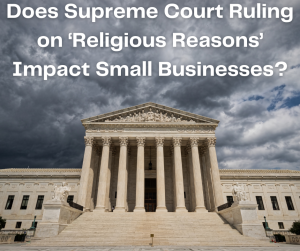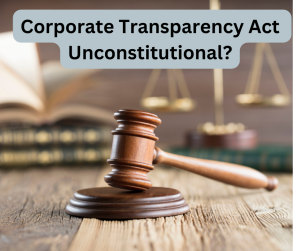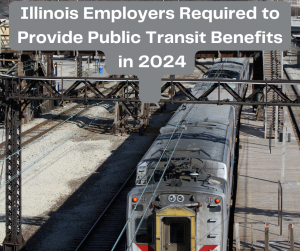
Supreme Court Ruling on Religious Reasons
Small businesses and other employers are likely to find it more difficult to refuse requests for religious accommodations after the U.S. Supreme Court’s ruling in a recent case, Groff v. DeJoy, which concerned a postal worker who unsuccessfully requested to be off-the-clock every Sunday—when the post office still makes deliveries for Amazon—citing his Evangelical Christian faith.
Gerald Groff, a Pennsylvania man, nonetheless kept being put on the schedule for Sundays and disciplined for not working while his co-workers were stretched thin attempting to cover his routes. He resigned, sued, lost his case and lost again on appeal—but the Supreme Court’s unanimous ruling in June established a higher standard for employers who claimed they would face an “undue hardship” to make religious accommodations.
 Chicago Business Attorney Blog
Chicago Business Attorney Blog











